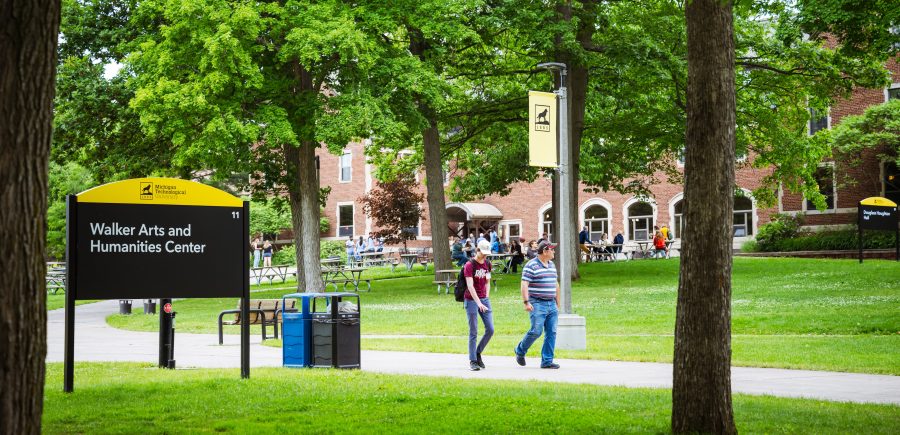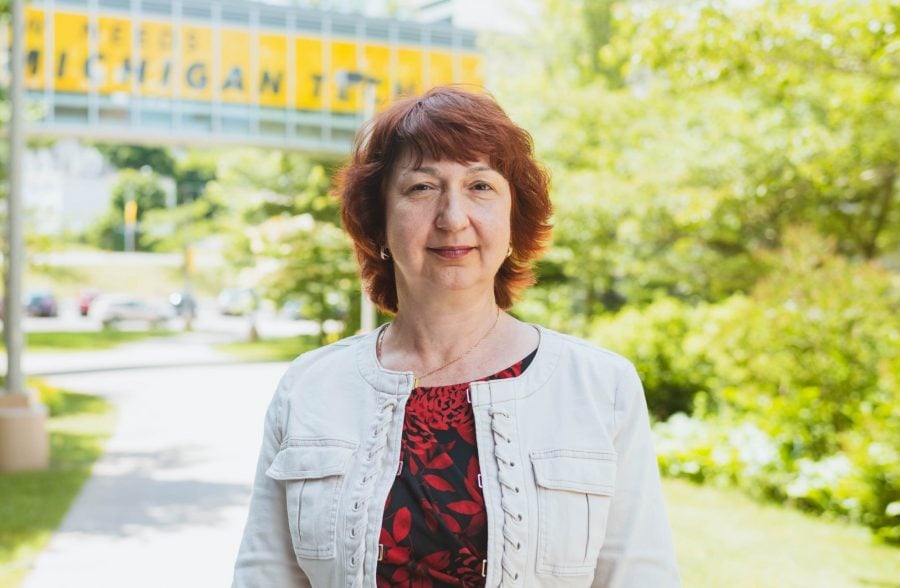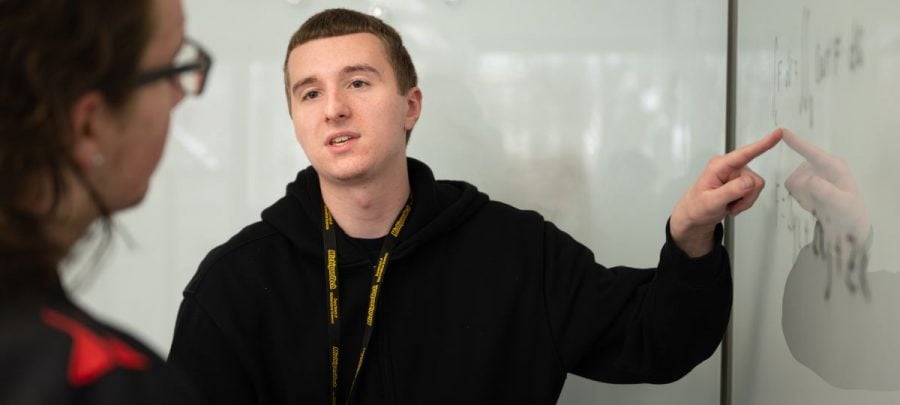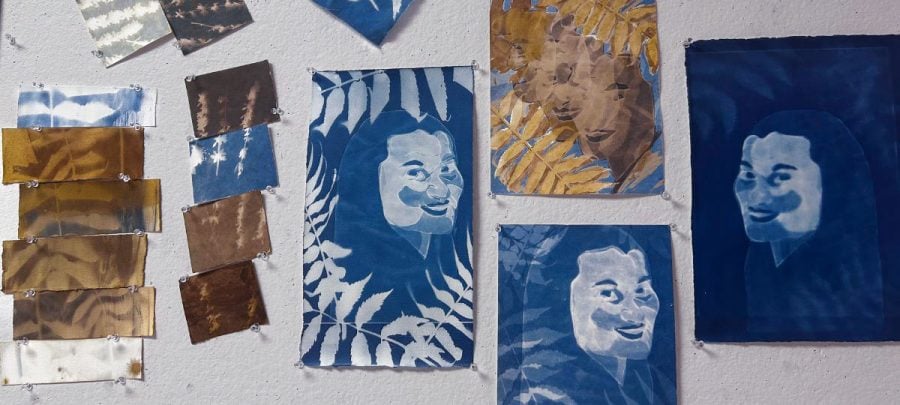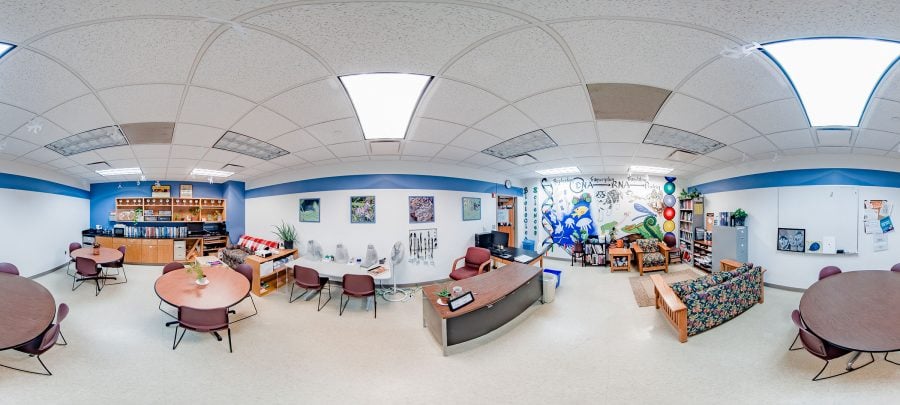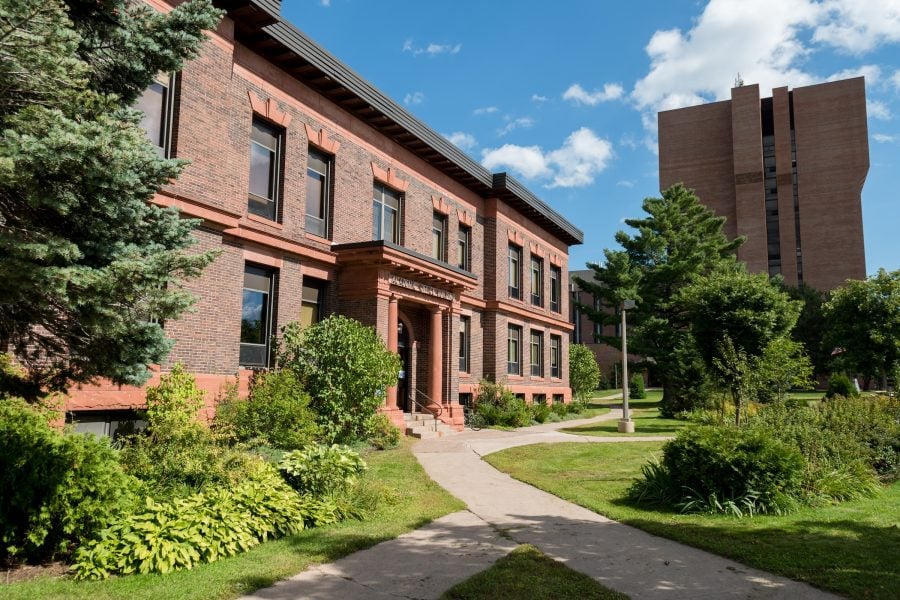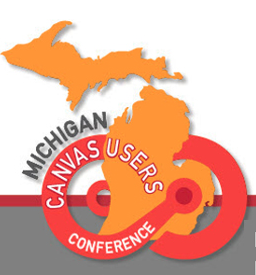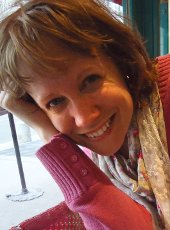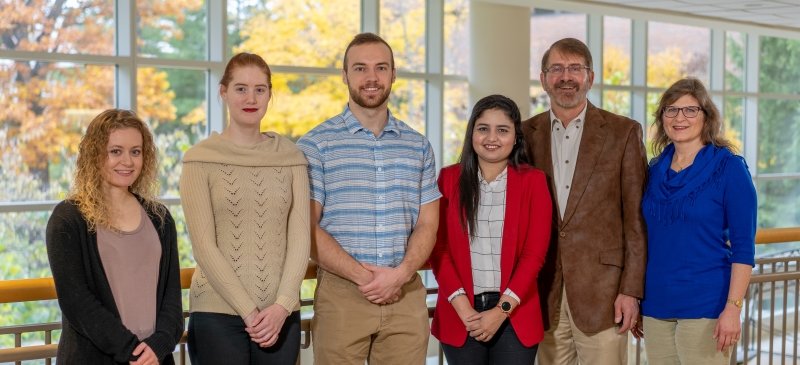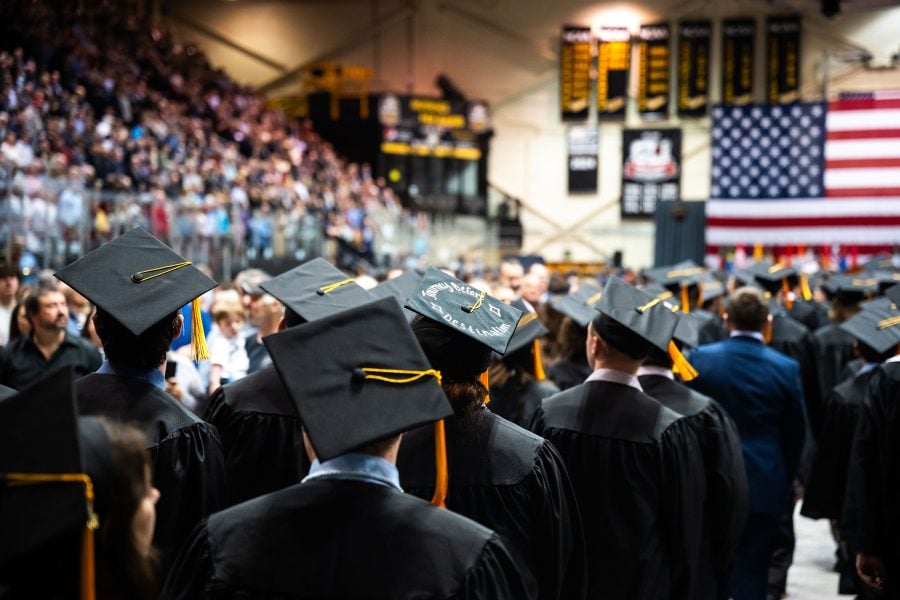
The College of Sciences and Arts applauds our nearly 50 soon-to-be graduates as they march toward Michigan Tech’s Midyear Commencement ceremony on Saturday, Dec. 13. Along with their caps and gowns, they bring with them the support of Husky faculty, staff, and leadership, including CSA Dean LaReesa Wolfenbarger.
“I feel hopeful for the future, knowing that this class is entering the workforce. They want to make a difference and have positive impacts through their work and accomplishments,” said Wolfenbarger.
